The 20th century is an era of inventions, innovations, creators, artists and writers. A star, a true legend of Canadian literature, Elizabeth Smart, was born in Ottawa in the early 20th century. Her writings have been recognized as true masterpieces of prose poetry. For them, she received countless awards. Find out more on ottawanka.com.
Her younger years
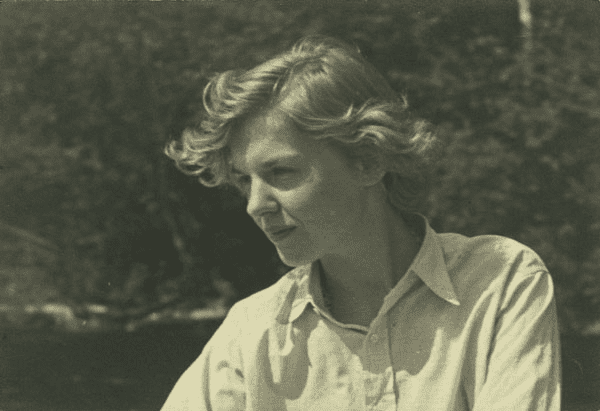
Smart was born in 1913 into a rather famous and wealthy family in Ottawa. The family was successful thanks to Elizabeth’s father, who worked as an Ottawa lawyer and had strong ties with the city’s elite members.
Owing to her parents, Elizabeth Smart graduated from Hatfield Hall, a prestigious private school in Cobourg, near Ottawa. It was at school at a very early age that she became interested in literature and writing. In particular, Elizabeth’s special attention fell to poetry. When Elizabeth was ten years old, a doctor misdiagnosed her with a leaking heart valve, causing her to be bedridden for a long time.
When she was 15, Smart wrote her first collection of poetry.
Young Elizabeth grew up among Ottawa’s elite. Her father had substantial ties, with her mother frequently hosting parties for high-profile people in their home. Since childhood, she has been interacting with prominent figures in the history of Ottawa.
As a child, besides writing, Smart played the piano. Playing the piano brought Elizabeth to London at age eighteen. There she entered King’s College to get a fully-fledged musical education. But the piano wasn’t enough for her. She wanted to write, so she decided to get serious about it. For some time, she lived in London, where she came across a collection of poems by George Barker, with whom she fell madly in love. He has played an essential role in her life.
Where did Smart work?
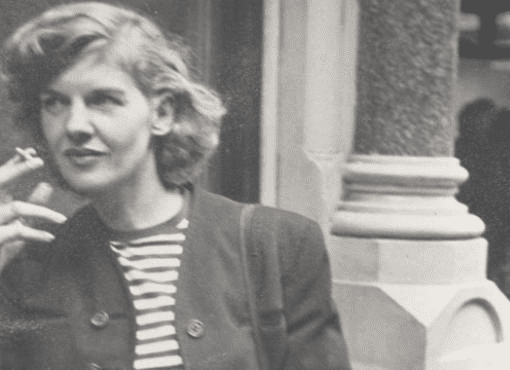
For Elizabeth, her first job after graduating from King’s College in 1937 was as secretary to Margaret Watt, the head of the Associated Country Women of the World organization. She has traveled the world with Watt and accompanied her to various conferences.
But soon after, Smart returned to her native Ottawa and went to work for the city magazine. Her duties included writing news. She did not last long in this job, as she wanted freedom and self-expression.
During World War II, Elizabeth worked at the British Embassy in Washington. After a while, she moved back to England, where she worked on writing advertising texts for the Queen, Tatler and Home and Garden magazines.
Encountering the love of her life
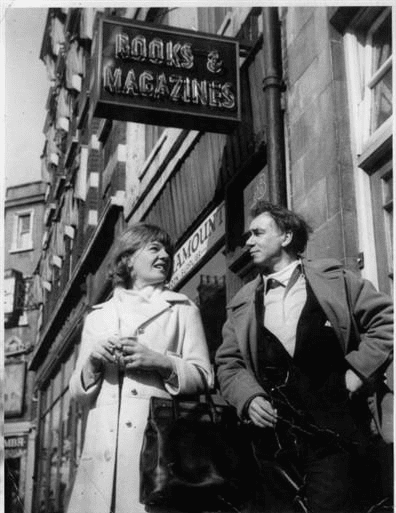
From a young age, Elizabeth was in love with the English writer George Barker. At various social events, she was constantly asking about him and looking for opportunities to meet and get in touch. She wished with all her heart to meet him and marry him.
On one occasion, Smart visited the United States and during that visit, met the famous 20th-century writer Lawrence Durrell. It was thanks to him Elizabeth finally managed to establish personal contact with the love of her life. But she was in for a big disappointment. The love of her life, the one she had been waiting to meet for many years, was married. On top of that, he lived as far away as Japan. But, despite this, Smart invited Barker and his wife to America and even paid for their tickets. When Smart and Barker finally met, they started an extremely passionate romance.
Their romance led to the fact that in 1941 Elizabeth became pregnant. She decided to leave America and return to Ottawa, hoping her beloved one would follow her. But her wealthy family did not allow Barker to enter Canada, so Smart was forced to return to the United States to Barker. At the height of World War II, Elizabeth became pregnant for the second time with Barker. For the sake of being closer to her beloved one during a difficult time of war, Smart decided to move to England. There she worked for the Ministry of Defense. That was the very period in which Smart wrote her most famous book, By Grand Central Station I Sat Down and Wept. This book is a fictional account of her relationship with Barker. Smart had two more children with Barker.
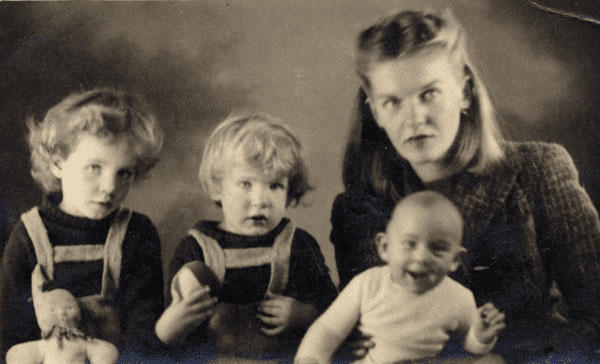
A masterpiece of prose poetry

By Grand Central Station, I Sat Down and Wept, written in 1945, was a true masterpiece of prose poetry. It was a prose poem novel about Smart and Barker’s passionate and tumultuous relationship. The book was a symbol of their unique love.
The book by Elizabeth Smart was printed in an edition of two thousand copies. Six books made their way to Ottawa stores. Between 1960 and 1970, the novel became a cult classic, so it was republished. In Canada, the first hardcover edition of the prose poem novel by Elizabeth Smart was not released until 1982.
Her later years of life
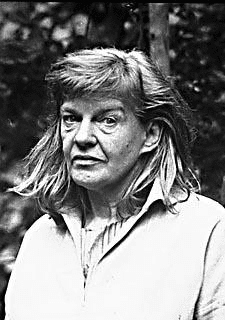
For a long stretch of time, Smart did not write, but in 1977, after a hiatus, she released two new books, The Assumption of the Rogues and Rascals and A Bonus. In 1984, the world saw a previously unpublished collection of her poems called In the Meantime. Also, in 1986, a two-volume edition of Necessary Secrets: The Journals of Elizabeth Smart was published.
In the early 1980s, before her death, Smart returned from England to her hometown of Ottawa. She visited Toronto and Alberta for work, after which she returned to England, where she died of a heart attack in 1986.
